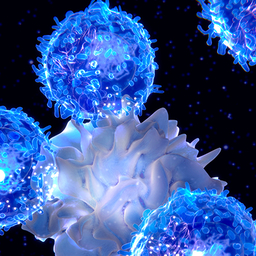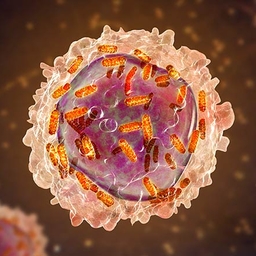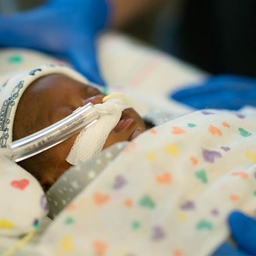Research News from CHOP

CHOP surgeons find over-the-counter medications control pain after elbow surgery as effectively as opioids
CHOP researchers found children who take only ibuprofen or acetaminophen after routine elbow surgery report similar pain control to patients who take opioids.
CHOP Researchers Find Pediatric E-Scooter Injuries Rose More than 70% from 2020 to 2021
In research presented at the AAP annual meeting, CHOP experts found the number of injuries associated with riding e-scooters rose most among teenage boys.
Two CHOP Researchers Named 2023 STAT Wunderkinds
Two CHOP researchers were selected by the health and science news outlet STAT as 2023 Wunderkinds, an award that celebrates the next generation of scientific superstars.
Virtual Driving Assessment Predicts Risk of Crashing for Newly Licensed Teen Drivers
CHOP findings move the science closer to precision crash prevention, targeted strategies to improve student drivers’ skills.

CHOP Researchers Show “Cryptic” Viral Peptide Drives Large Part of Immune Response in Influenza A Virus Infection
A new study by researchers at CHOP and Penn has identified an important role for a non-classical MHC molecule that engages with a cryptic viral peptide derived from influenza A virus.

Two Research Leaders from CHOP Elected to National Academy of Medicine
CHOP Chief Scientific Officer Susan Furth, MD, PhD, and PEDSnet founder Christopher B. Forrest, MD, PhD have been elected to the National Academy of Medicine.

New Computational Tool Tracks Transfer of Mitochondria from T Cells to Cancer Cells
CHOP researchers have developed a computational tool to determine which cells in patient tumor samples receive mitochondria from T cells.

CHOP Researchers Find NICU Antibiotic Use Decreased Substantially in Past Decade
Antibiotic use in neonatal intensive care units (NICUs) decreased substantially over the past decade, according to CHOP researchers.
CHOP Researchers Find Barriers to Driver Training and Licensure, Especially Among Low-Income Teens
Neighborhood socioeconomic status and travel time to driving schools significantly impacted access to driver training and getting licensed.

CHOP and Penn Researchers Receive $50 Million NIH Grant to Study Impact of Environmental Factors on Pregnancy and Children’s Health
CHOP and Penn researchers have received a $50 million grant from the NIH to study the impact of environmental influences on pregnancy and children’s health.